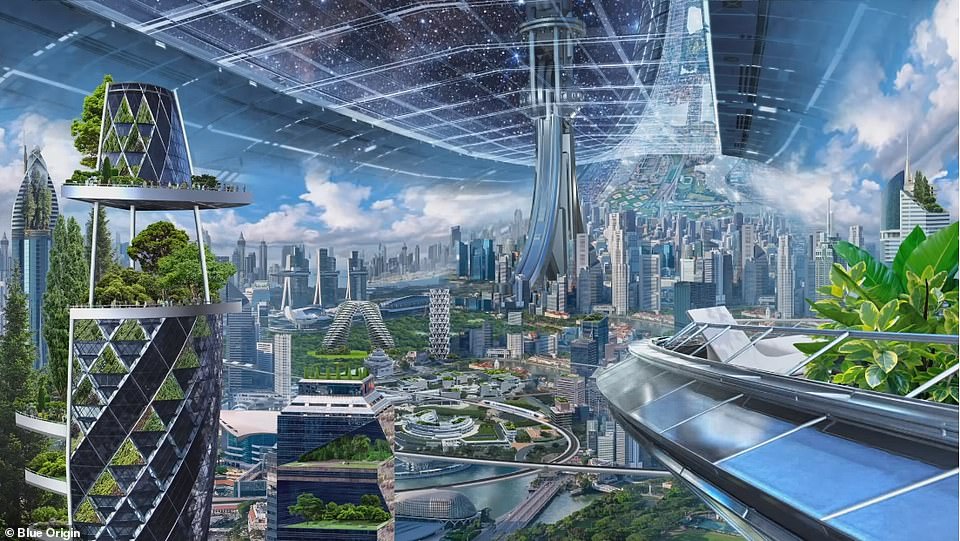Readers who like this author have made it a habit of listening in to the new social media Clubhouse will have gotten a sense here and then of how popular the concept of a post-scarcity world has become. Of course, post-scarcity is still a theoretical economic situation in which most goods and services for basic survival needs can be produced in great abundance with minimal human labour needed, so they are available to all cheaply or even freely.
It’s amazing what comes up in these Clubhouse conversations. I happened to stumble over a curious debate last night about how easy it would be to produce potatoes, in size and driving prices to near zero, if only humankind were to abandon its traditional market-driven behaviour of controlling the supply, of food commodities here for example, at certain pricing levels. Again, it’s all theoretical, and the room labels are plastered with terms like thinking, planning, and building this post-scarcity world.
It’s also interesting to see, however, who these people debating are. They are mostly young techies, entrepreneurs, futurists, and for lack of a better word, free spirits. But this crowd, or this generation, is quickly growing into a majority of masterminds, influencers, and some of them prospective policymakers. They do not hang on to the paradigms of the world we know. They are living on the brink of the breakthrough that technology has been, is, and will be enabling.
The old-timers among us may find it hard to believe that we are right in the eye of the storm, at an inflection point that is pushing us into an entirely new era, one with completely different parameters. Capitalism, creative destruction, social mobility, social welfare – all those terms that we grew up with and that have constituted the dogmatic rulebook of our lives – may soon be totally outdated and have no more relevance for the generations to come.
For example, think of the issue of overpopulation on earth, something that has been causing the smartest minds the biggest headaches. If a post-scarcity world became reality, it would no longer be an issue. The concept of work could change entirely, as robots would diminish scarcity and on top of it pay us for the work they do. Resources were soon to be drawn from beyond earth – catchword asteroid mining -, and energy abundance is almost guaranteed by way of ever-cheaper solar power.
Education comes to mind. Knowledge is in abundance and will be exponentially so going forward. Teachers will be overburdened to be the transmitter of knowledge. That layer has more or less outlived itself. Technology will increasingly take over. Teachers’ roles are likely to transition into one of the facilitators who may be able to help structure a curriculum still and to chaperon students through the media that will actually channel the substance.
When we think of capital markets that have long perceived to be a mere zero-sum game, they could defy such logic and add considerable value by way of technological advances and productivity gains. It brings us to the question of whether the stock market is overvalued and whether a crash must by definition happen because it has always happened. Post-scarcity advocates would whole-heartedly disagree. Just watch the likes of Cathie Wood now calling Tesla’s share price to hit 3,000 in coming years.
And when we think of geopolitics, there will have to be an even more fundamental re-think. Most of the patterns that have dominated conflicts are likely to become obsolete over time, such as procurements of certain goods and services. Trade can easily fall victim to fully automated factories that are being built where the consumer is. Logistics that have in the past caused bottlenecks will be directed and optimised by artificial intelligence. The discipline of international relations is likely to find itself on the testbed soon.
I admit I am out of my post-scarcity depth, will stop here and leave readers to ponder. It’s the end of the week, and the philosophical for some reason got the better of me this morning. Maybe it’s the coffee… Happy Friday!
